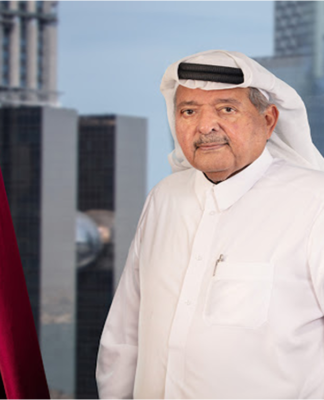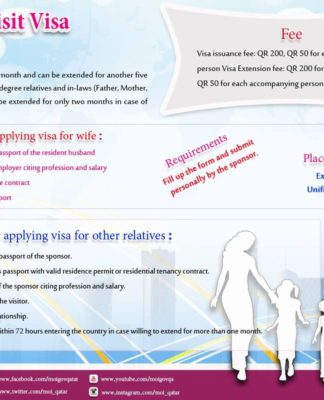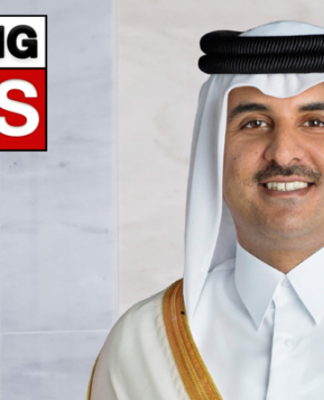POLITICSGERMANY
China’s new premier visits Germany in first foreign trip
Published 13 hours agoPublished 13 hours agolast updated 4 hours agolast updated 4 hours ago
German Chancellor Olaf Scholz hosted Chinese Premier Li Qiang for dinner at the chancellery, ahead of bilateral talks on Tuesday.
https://p.dw.com/p/4Sl3O
German Chancellor Olaf Scholz, right, shakes hands with Chinese Premier Li Qiang
Chinese Premier Li Qiang (left) met with Chancellor Scholz for dinner before talks on TuesdayImage: Markus Schreiber/AP/picture alliance
Chinese Premier Li Qiang visited Berlin on Monday, in what was his first trip abroad since he took office in March.
The visit comes as Germany and its European allies are eyeing new strategies for dealing with an increasingly assertive China that has strong relations with Russia.
Li met with Chancellor Olaf Scholz for dinner at the Chancellery. The two men will lead the German-Chinese so-called “government consultations” on Tuesday.
Earlier, German President Frank-Walter Steinmeier hosted the Chinese Premier at his official Berlin residence upon his arrival.
Steinmeier calls for better communication
Steinmeier stressed the importance of improved dialogue between China and the United States at the same time US Secretary of State Antony Blinken took a high-stakes trip to Beijing.
Steinmeier “called for the strengthening of communication channels between both countries,” his spokeswoman Cerstin Gammelin tweeted after the meeting at Berlin’s Bellevue Palace.
Gammelin said the president also called for China, under President Xi Jinping, to use its “political weight and influence on Russia to bring about a just peace” in Ukraine.
A look back at recent German-Chinese relations
04:08
Questions over special relationship
Thanks to Beijing’s economic might as an exporter, Germany has always enjoyed special ties with China.
Berlin took a pragmatic approach in its relations under former Chancellor Angela Merkel, emphasizing economic opportunities while keeping criticism on human rights and freedoms mostly behind closed doors.
Germany’s previous policy helped keep China as a key market while allowing Berlin to take in prominent human rights activists without any apparent retaliatory consequences.
The COVID-19 pandemic raised doubts about whether Germany was right to rely on such a distant partner with its own huge domestic needs for essentials.
Meanwhile, Russia’s war on Ukraine has turned the approach of economic rapprochement on its head, prompting Western politicians to reassess its dependency on Russia for energy imports and question China’s reliability.
China’s refusal to distance itself from Russian President Vladimir Putin has led to mounting tensions in the West over Beijing’s motives.
Jensen: ‘We need a strong European voice in these consultations’
04:29
rc/rs (AFP, dpa)






























